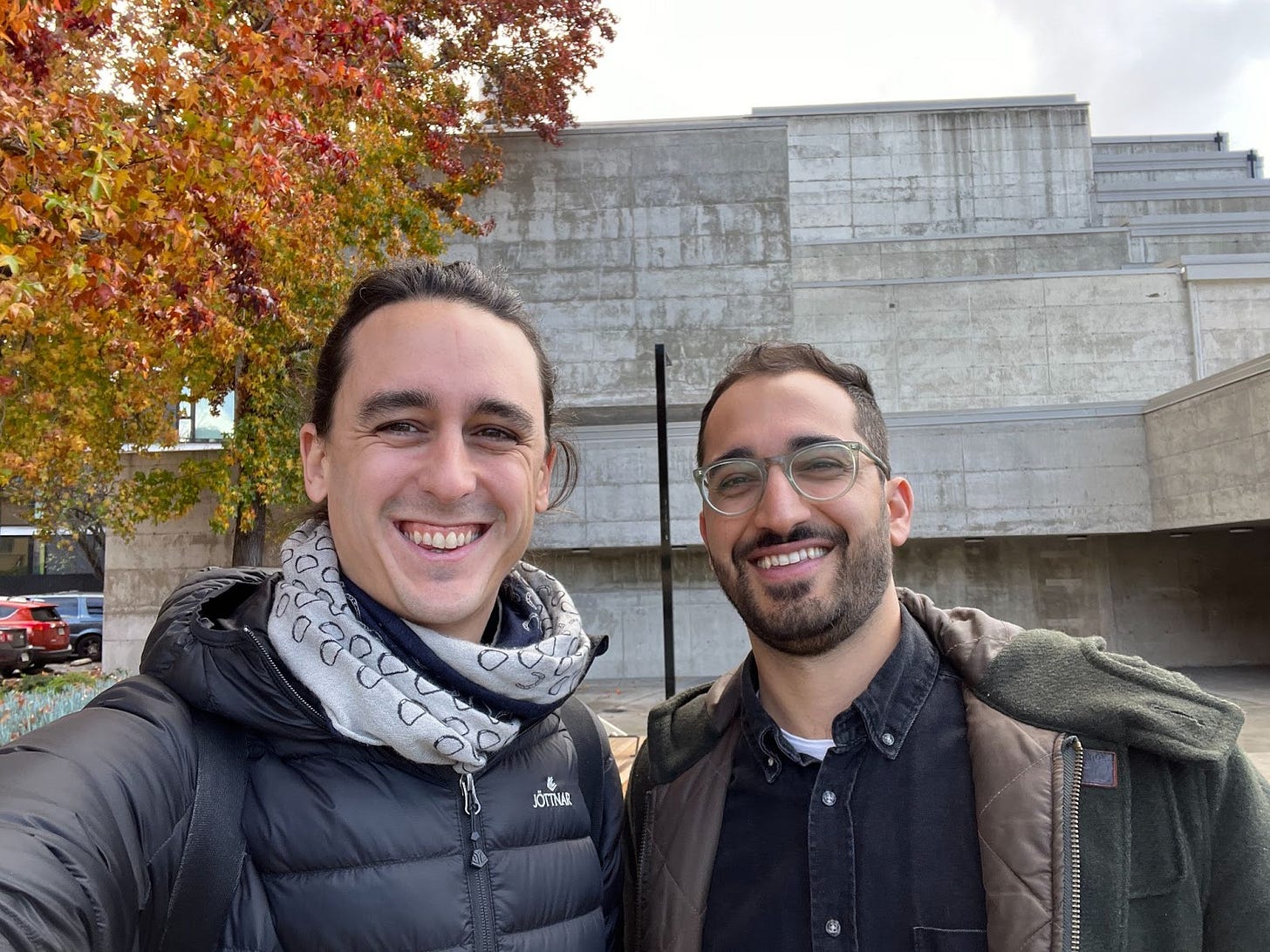Scaling AI-first biology: Profluent’s $35m round
A new $35M round to scale foundational models for biomedicine
Many people don’t appreciate the extent to which progress in life science and medicine is grounded in a mix of human-designed hypotheses and trial and error experimentation to create tribal knowledge. Despite significant advances in the quality and scale of our techniques and equipment, there are still vast gaps in our understanding of how biological systems normally work and how they go wrong to cause disease. We could continue to navigate along this inefficient path through solution spaces, hoping to stumble on the next blockbuster drug, or we could devise a better way.
In 2019-20, biology had its ‘AI moment’, as researchers began to harness the technology’s capabilities across automation, high-throughput and high-resolution experimentation. The ultimate objective of this work was to move away from discovering the intrinsic rules of biology through trial and error towards learning them through data, models and predictions.
When I was working on the 2021 State of AI Report, I found a pre-print entitled "Deep neural language modeling enables functional protein generation across families". Written by Salesforce AI research lead Ali Madani, it demonstrated the ability of AI to learn the language of biology to create functional proteins. It turns out that to a surprising extent code is code - whether it’s in silicon or in biology.
I included the slide in the report and dropped Ali a message. What began as a mutual passion for pushing the frontiers of AI-first biology amongst two scientists ultimately morphed into a no-brainer opportunity for us to partner in building Profluent from day 1. By the time we announced the company’s $9M seed from Air Street and Insight Partners, Ali’s founding work had been peer reviewed and published in Nature Biotechnology.
Profluent is now demonstrating the ability of AI both to fine-tune and enhance existing CRISPR gene editing tools, as well as to design entirely new gene editing systems from the ground up. This work has immense potential against the backdrop of the first approved gene editing medicine in the UK and then in the US for sickle cell anemia over the last few months.
Today, the company is taking the next step on its journey with a new $35M fundraise, led by Spark Capital alongside significant participation from Air Street, Insight Partners. Also joining is a group of angels from OpenAI, Salesforce, Octant Bio, and Google including Jeff Dean, Chief Scientist of Alphabet.
The team is also unveiling a number of senior executive hires, including Chief Business Officer Hilary Eaton, who brings a decade of gene editing-focused business development experience at Tome, Vor and Editas; and VP of Gene Editing Peter Cameron, who previously directed technology development at Spotlight and Caribou. Fraser Kelton, the former Head of Product at OpenAI, will also join the Board of Directors.
The Profluent team are demonstrating the potential of generative AI beyond the world of buzzy text, image, and video generation, using it to advance the frontiers of ambitious science. We’re proud to help accelerate them on this mission.






